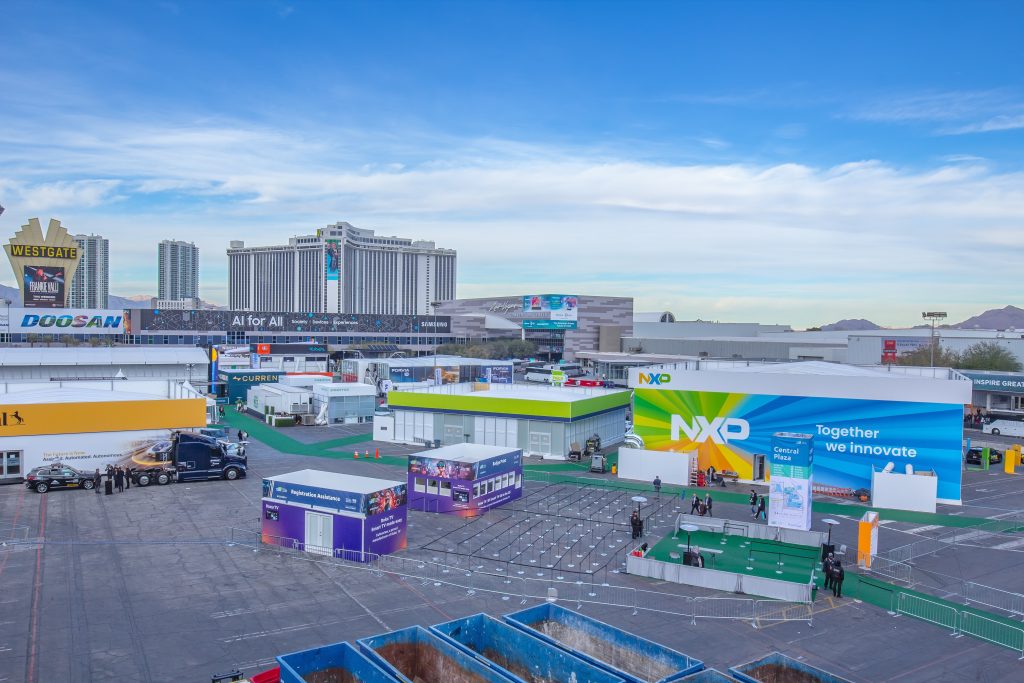The collaborative efforts of Huawei Cloud, the Ministry of Investment of Saudi Arabia (MISA), and the Communications, Space and Technology Commission of Saudi Arabia (CST) culminated in the successful Huawei Cloud Automotive Forum held at LEAP 2024. This summit drew representatives from Saudi government agencies, investment bodies, industry partners, and over 10 Chinese automotive companies, focusing on the integration of vehicle cloud technology, the global expansion of Chinese automotive firms, and the burgeoning opportunities within the Saudi market.
China’s ascendancy to the position of top automotive exporter in 2023 has provided a launchpad for its automotive industry to explore international markets, with nations like Saudi Arabia laying out the red carpet through digital development plans and attractive industry policies. Chinese automotive companies are now eyeing the Middle Eastern markets for global expansion, with Saudi Arabia at the forefront with its inviting digital initiatives and industrial incentives.
During the event, MISA and CST outlined the various incentives and market prospects available to Chinese automotive companies and industry stakeholders. Huawei Cloud seized the opportunity to unveil their ‘six-star support’ service aimed at global-bound automotive enterprises, while also showcasing their solutions tailored to the Saudi market, including automotive services and autonomous driving for both commercial and special vehicles.
Ahmad Almajed, the Director of Emerging Tech Motivation at CST, highlighted Saudi Arabia’s potential for mobile digitalization and intelligence. He emphasized the nation’s commitment to ‘Vision 2030’, aiming to spearhead digital transformation within various industries. CST, MISA, and other agencies are dedicated to providing an amenable business environment to expedite the introduction of innovative services such as autonomous driving.
In recent years, close to 20 Chinese firms, including names like Chery and ZEEKR, have obtained CST’s approval to offer intelligent connected vehicle services within the Saudi market. With the commercialization of these services underway, MISA continues to back Chinese companies in delivering innovative local services.
Ahmed Almalki, MISA’s Automotive Director, pointed out that Saudi Arabia has experienced rapid economic growth and aims to foster the automotive industry by bringing in multiple automotive OEMs by 2035. The goal is to produce over 600,000 vehicles annually with significant local value creation. This initiative opens a wealth of investment possibilities across the industry’s value chain, encompassing automotive firms, OEMs, logistics providers, and parts suppliers.
By the year’s end, Saudi Arabia plans to introduce four Special Economic Zones (SEZs), with King Abdullah Economic City (KAEC) tailored as an automotive hub. Almalki underscored that eligible business projects within these zones could benefit from tax incentives and comprehensive policy support touching on infrastructure, environmental conservation, and talent attraction.
The forum also served as a platform for fruitful discussions between Saudi government representatives, Huawei Cloud, and Chinese automotive companies. These exchanges led to a shared vision for the future of intelligent automotive connectivity, which is expected to play a pivotal role in the development of Saudi Arabia’s local industry. The government envisions that all new vehicles in the country will be equipped with intelligent connectivity systems going forward.
William Dong, President of Huawei Cloud Marketing, emphasized Huawei Cloud’s commitment to providing customers not just with industry-leading cloud technologies but also with extensive global expertise through their ‘six-star support’ for global enterprise expansion.
With a global footprint encompassing 85 AZs across 30 Regions, Huawei Cloud offers robust and stable cloud services to customers from 170 countries. In the Middle East, the Saudi Arabia Region was established to provide ultra-low latency connections, vital for IoV applications like remote vehicle control and cockpit interaction.
Huawei Cloud’s platforms for intelligent connectivity and intelligent driving enable rapid scaling and support for a vast number of connections, facilitating the development of unmanned driving models and integration with local city construction projects. The data+AI marketing platform assists enterprises in swift marketing decision-making and market responsiveness.
Furthermore, Huawei Cloud aids in user growth by connecting automotive enterprises with global customer resources, providing insights into local markets, and sharing industry policies and operational experience to foster smart product development and expand business reach.
The forum also featured a panel discussion with insights from MISA, the Public Investment Fund (PIF), National Industrial Development Center (NIDC), Huawei Cloud, and automobile manufacturers such as Chery and Changan Automobile. The focus was on the opportunities presented by China’s automotive industry expanding into Saudi Arabia.
The panelists discussed the rapid growth of Chinese vehicle sales in Saudi Arabia, with a CAGR of 51.1% since 2011. Huawei’s support is crucial for automotive enterprises seeking to capture the Saudi market’s potential. The emphasis is on building a fully integrated industry ecosystem, from OEMs to suppliers, to achieve collective success.
Huawei Cloud’s recent inauguration of a 3-AZ cloud in the Riyadh Region marks a significant milestone in providing localized cloud services for the Saudi market, fostering innovation, and supporting the country’s journey towards Vision 2030.
